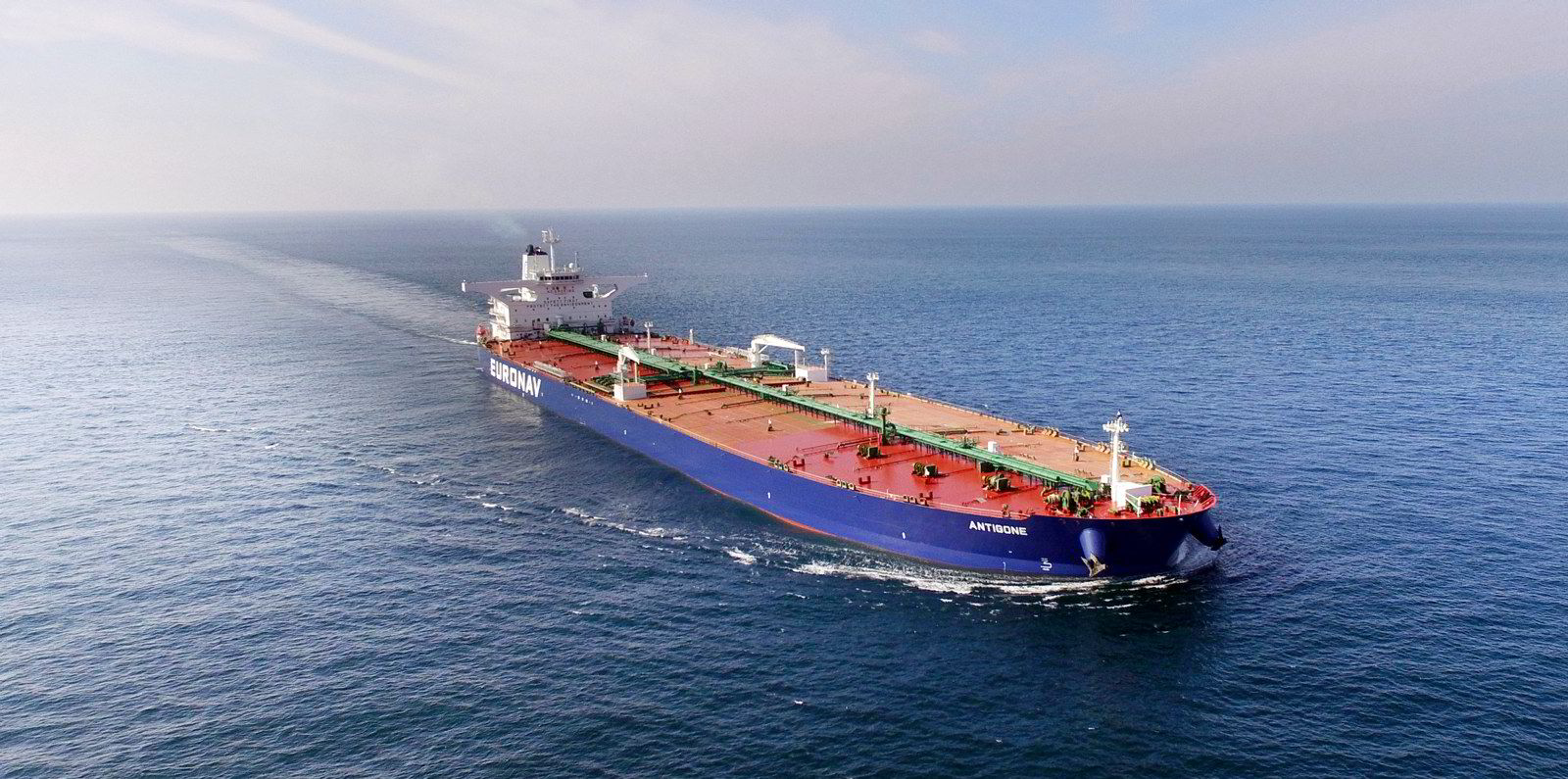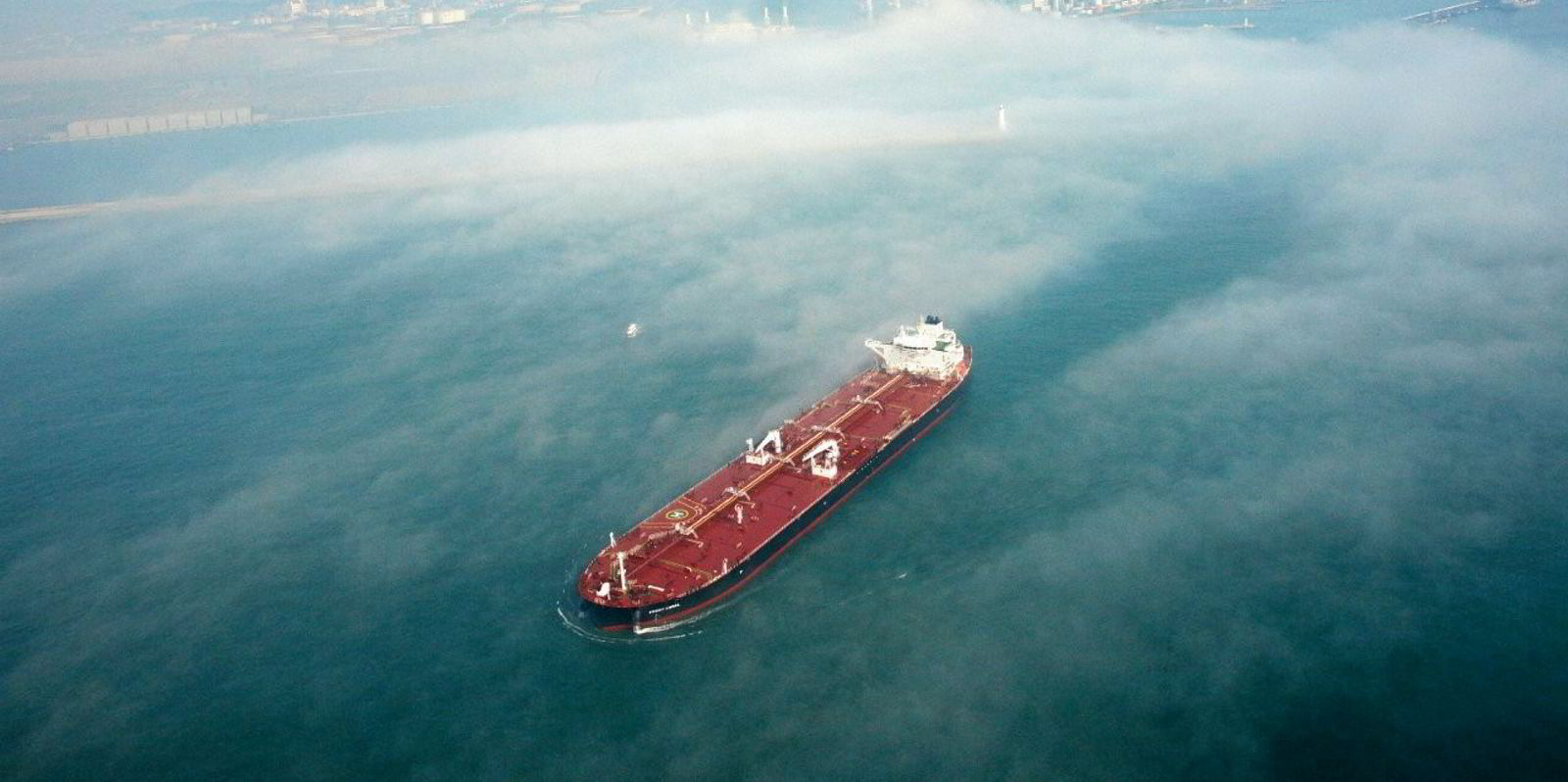A rally in VLCC rates is ahead of schedule, and for it to persist, BRS Group believes owners will need help from Opec and its allies.
VLCC spot rates have climbed from $37,033 per day on 1 February to $65,196 per day on Monday, according to the Baltic Exchange.
The jump is supported in part by less crude passing through the Suez Canal, making more cargoes available for China, BRS said.
But that was set to happen in the second half of the year, anyway, it added.
“While the extent to which the above trend is sustainable for the rest of the year will largely depend on the Opec+ production policy decision in the coming month, the call on Opec+ crude is projected to increase in the second half of the year,” BRS said in its weekly note, published on Tuesday.
“With Opec+ potentially releasing more exports in the second half of the year, market share is expected to be regained to the benefit of VLCCs, with the segment having the groups to sustainably outperform suezmax and aframax in such context.”
Beyond reroutings away from the Red Sea due to the security situation shifting Middle East crudes east, BRS identified price differentials as further boosting VLCC earnings.
It said Middle East crude is $1.69 per barrel cheaper than Brent crude, making it more attractive to Asian buyers.
Meanwhile, Iranian barrels bound for China have become more expensive and Urals crude prices have eclipsed the G7 price cap, pushing Chinese buyers to look to the Middle East.
BRS said the second half of the year is when Opec+’s de facto leader, Saudi Arabia, will want to win back market share.
But in the meantime, the broker said the Saudis might look to widen the Middle East crude discount to Brent, in order to sell more to Asia, as crude oil flows west have fallen off.
Regardless of timing, it said more competitive Middle East crude in Asia would require either higher oil production or lower demand.
VLCCs have trailed the smaller suezmax and aframax ship types in recent months as crude trades shift.
Last month, when VLCCs were averaging just $36,600 per day a few weeks into the new year, ABG Sundal Collier analyst Petter Haugen said the historical relationship between VLCC and aframax earnings suggested rates for the largest tankers should be as high as $125,000 per day.
On Monday, the Baltic Exchange suezmax assessment rose $83 to $48,451 per day, while the aframax assessment ticked up $58 to $49,527 per day.





